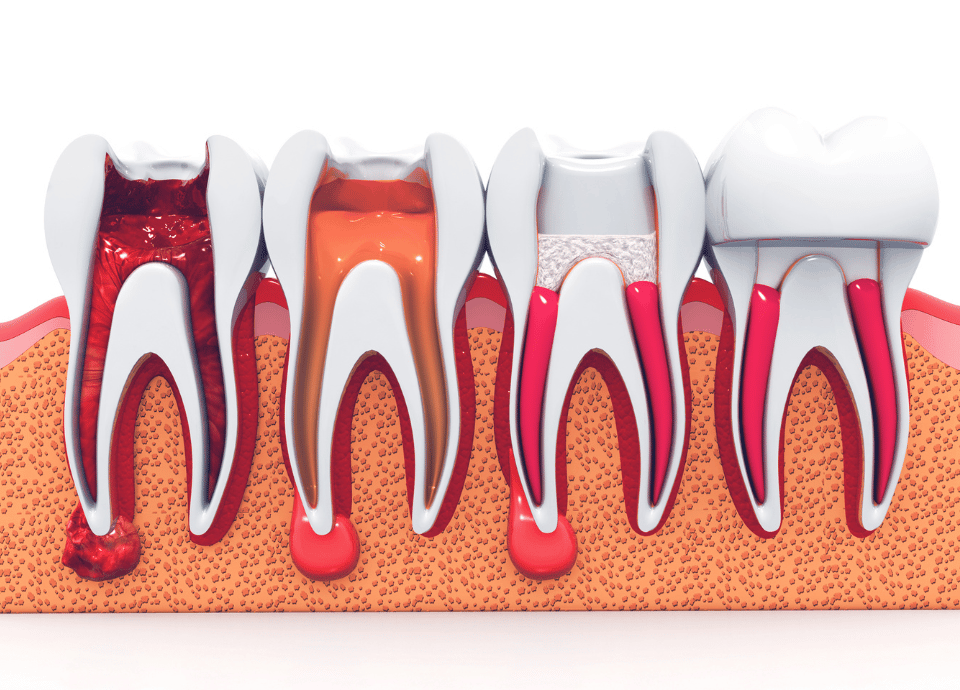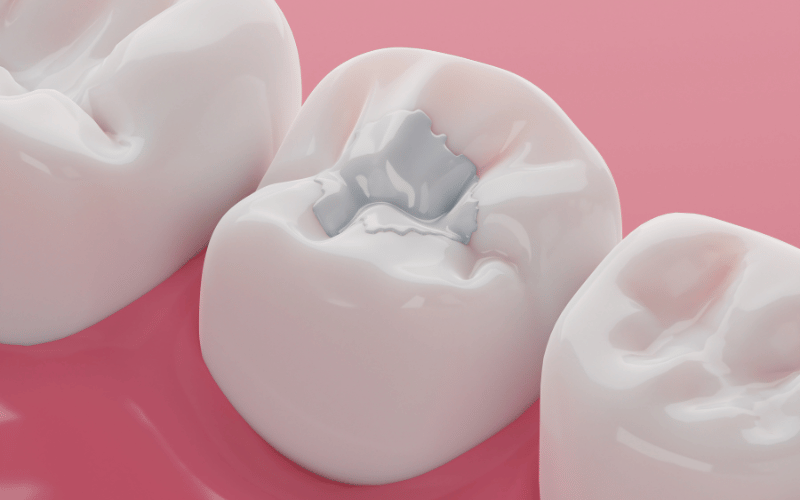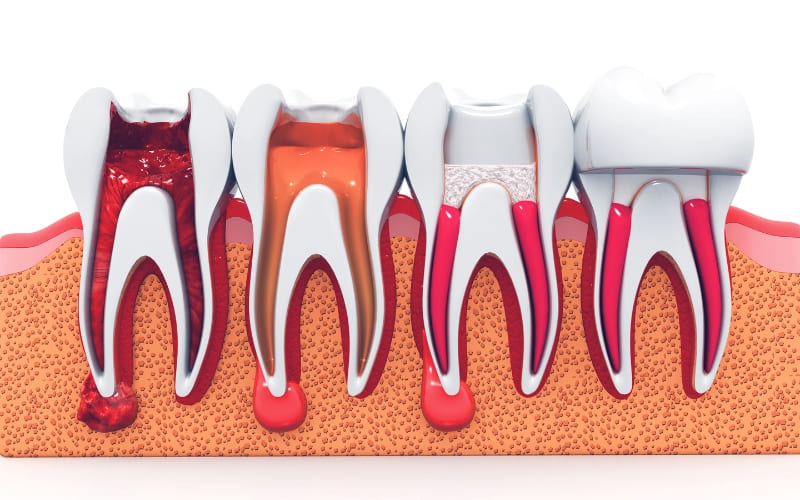Call: (810) 674-3060
What Happens When a Cracked Tooth Goes Untreated?

A cracked tooth occurs when a tooth’s hard outer layer is fractured, exposing the delicate inner layers. This can happen due to various reasons like biting down on hard objects, tooth grinding, or sudden impacts. When a cracked tooth goes untreated, it can lead to further damage, pain, and even infection. Without intervention, the crack may deepen, potentially necessitating more extensive dental procedures such as root canals or extractions. Early detection and treatment are crucial to prevent complications and preserve dental health.
Consequences When A Cracked Tooth Goes Untreated
1. Increased Pain: Leaving a cracked tooth untreated can lead to heightened sensitivity and pain, especially when chewing or consuming hot or cold foods.
2. Risk of Infection: The crack in the tooth can provide a pathway for bacteria to enter, leading to infection within the tooth or surrounding gums.
3. Tooth Decay: Without treatment, the crack can worsen over time, potentially causing decay in the affected tooth and neighboring teeth.
4. Structural Damage: Neglected cracks can deepen and extend into the root of the tooth, compromising its structural integrity and increasing the likelihood of tooth loss.
5. Costly Treatment: Delaying treatment may result in the need for more extensive and expensive dental procedures, such as root canals or tooth extractions, to address the damage caused by the untreated cracked tooth.
Symptoms to Watch Out For
Certainly! Here are some symptoms to watch out for when it comes to a cracked tooth:
1. Pain or Discomfort in the Tooth: Persistent pain or discomfort, especially when biting down or chewing, can indicate a cracked tooth.
2. Sensitivity to Hot and Cold Temperatures: Increased sensitivity to hot or cold foods and beverages, particularly in a specific tooth, can be a sign of a cracked tooth.
3. Visible Crack in the Tooth: Sometimes, the crack in the tooth may be visible to the naked eye. It may appear as a fine line or a larger fracture.
4. Swelling or Tenderness in the Gums: Swelling or tenderness in the gums around the affected tooth may occur, especially if there is an underlying infection.
5. Bad Breath: An untreated cracked tooth can lead to bacterial growth, which may cause bad breath or a foul taste in the mouth.
Monitoring these symptoms and seeking prompt dental care if they arise can help prevent further complications associated with a cracked tooth.
Tips for Preventing Cracked Teeth
Certainly! Here are some tips for preventing cracked teeth:
1. Avoid Chewing Hard Objects: Refrain from chewing on hard objects such as ice, pens, or hard candies, as this can increase the risk of cracking a tooth.
2. Use Mouthguards: Wear a mouthguard during sports or activities where there is a risk of impact to the face, such as football or basketball, to protect your teeth from trauma.
3. Practice Good Oral Hygiene: Maintain a consistent oral hygiene routine, including brushing your teeth twice a day with fluoride toothpaste and flossing daily to keep your teeth strong and healthy.
4. Be Mindful of Grinding: If you grind your teeth during sleep or due to stress, speak to your dentist about wearing a nightguard to protect your teeth from damage.
5. Regular Dental Check-ups: Visit your dentist for regular check-ups and cleanings to detect any potential issues early and address them before they worsen, including identifying and treating cracked teeth promptly.
Wrap Up!
Seeking dental care for a cracked tooth promptly is crucial to prevent further complications. Dentist Burton advises immediate attention to alleviate pain, prevent infection, and preserve dental health. Treatment options may include dental bonding, dental crowns, root canal therapy, or tooth extraction, depending on the severity of the crack. Remember, prioritizing oral health can save you from discomfort and costly procedures down the line. Don’t delay—schedule an appointment with Dentist Burton today and keep your smile healthy and bright! Your teeth will thank you.




